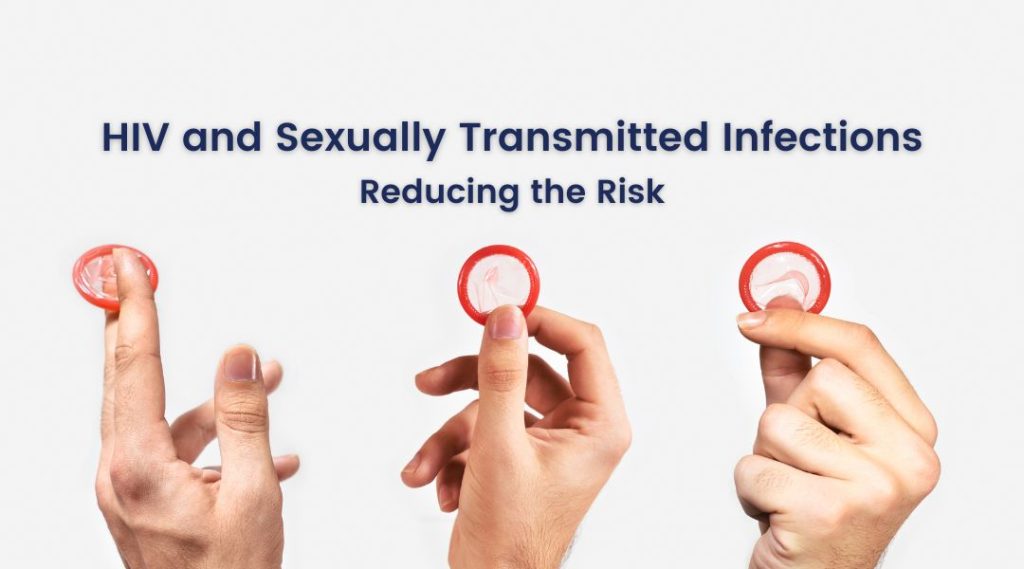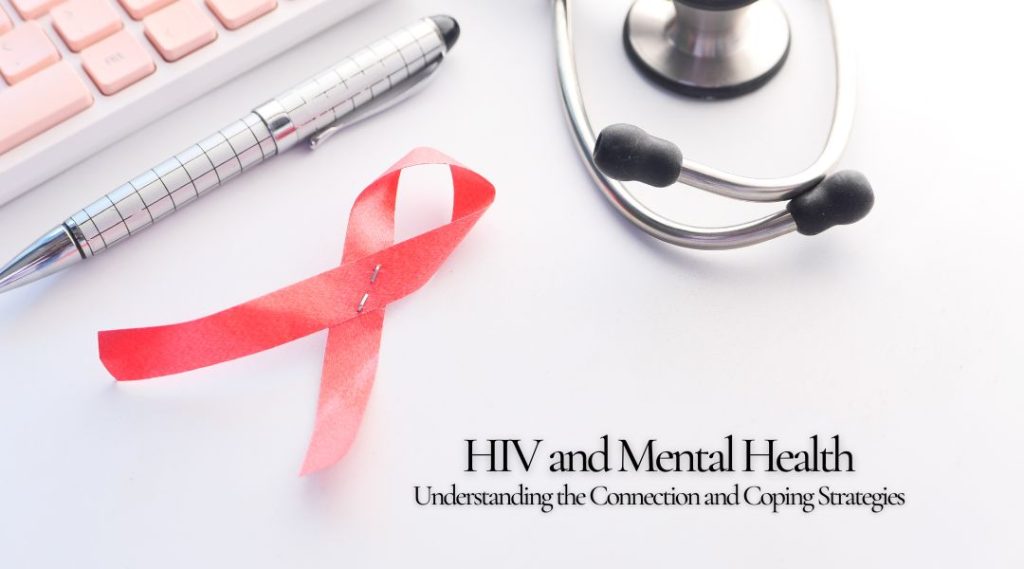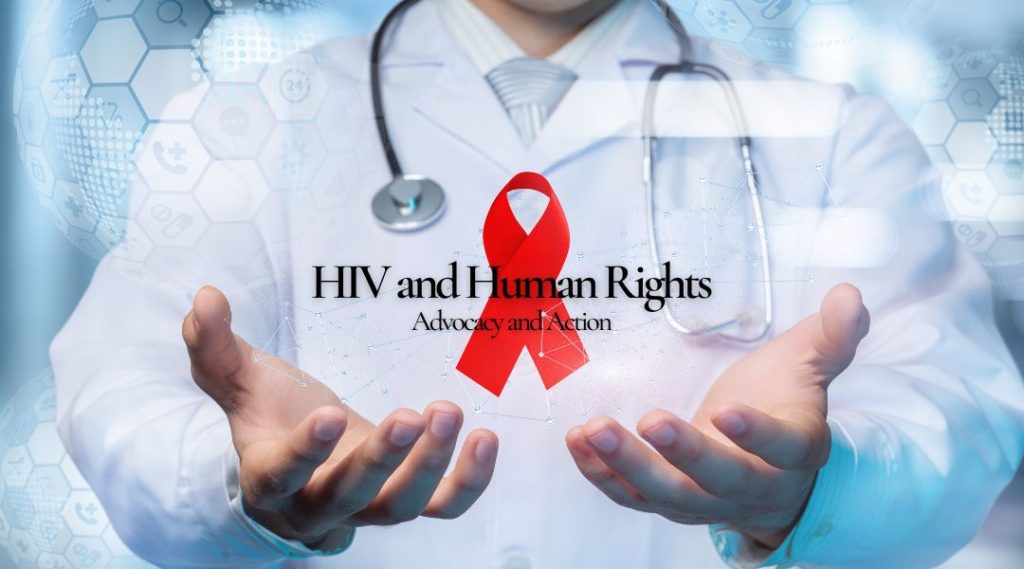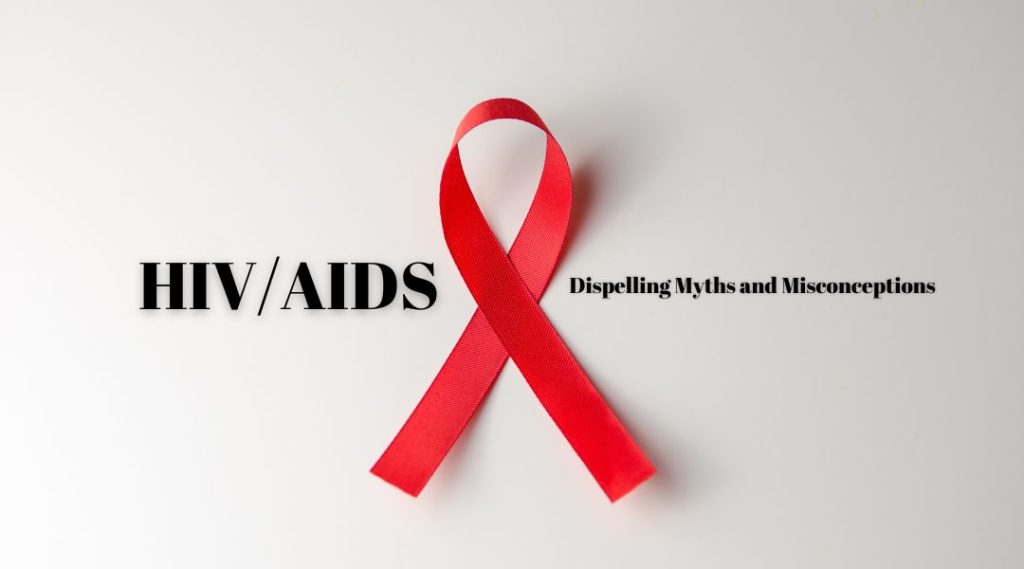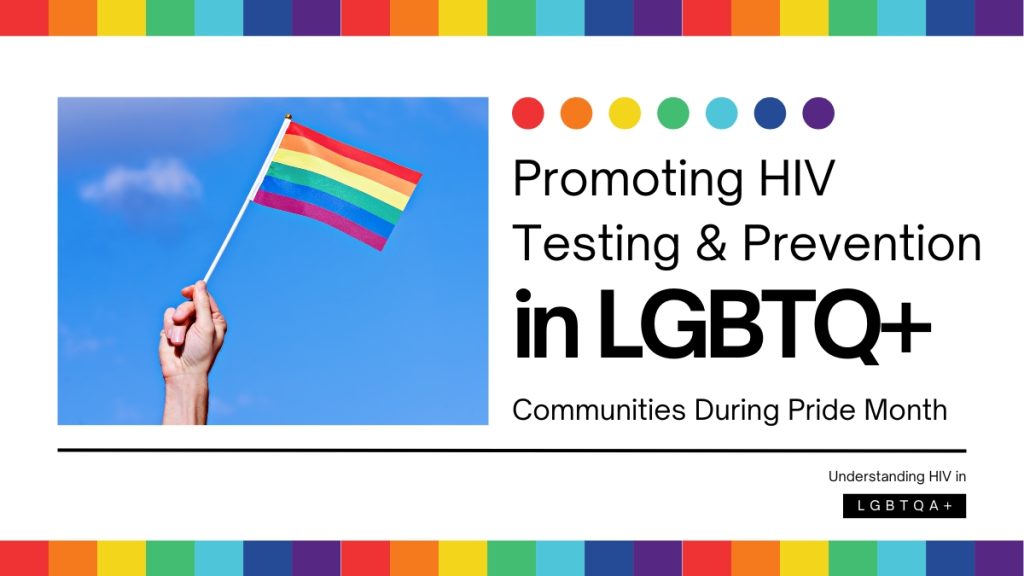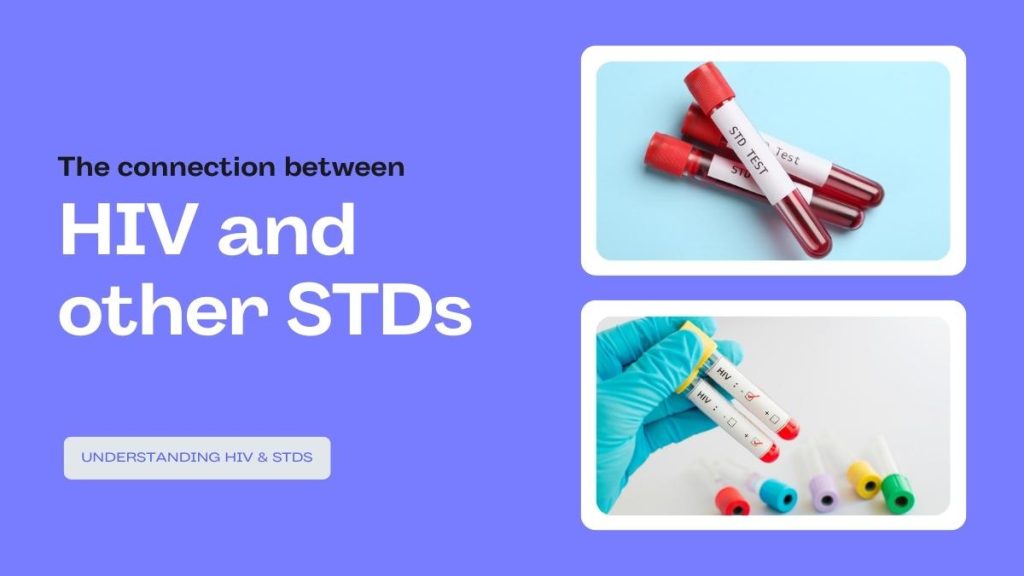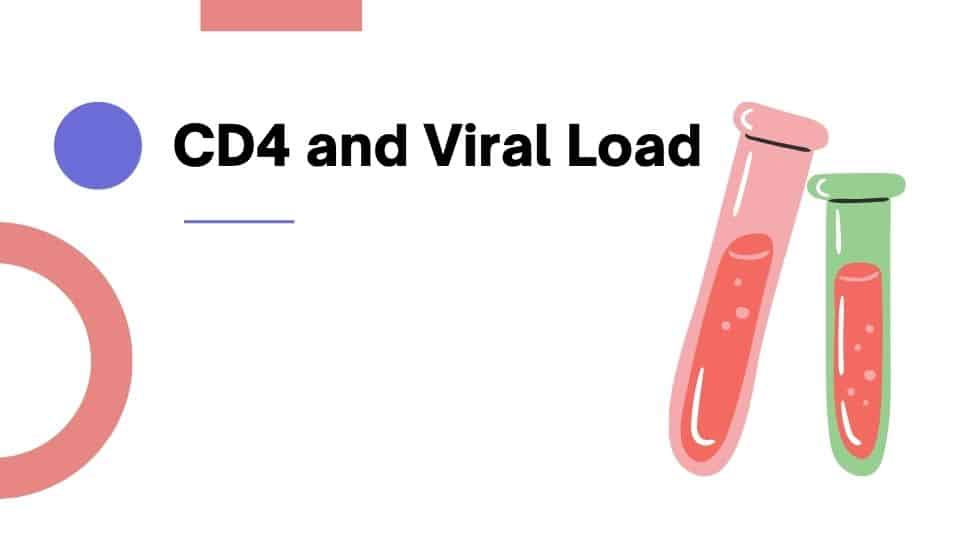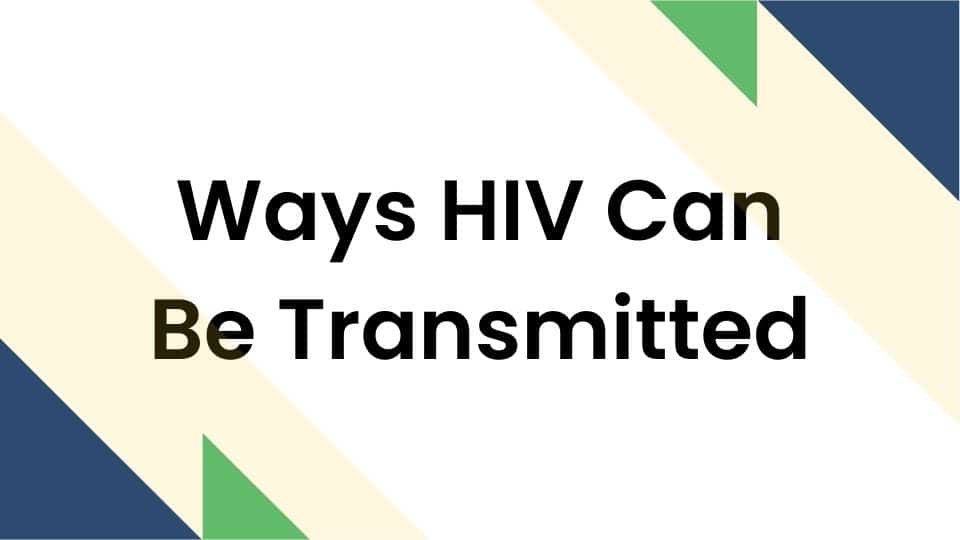People living with HIV are at a higher risk of acquiring sexually transmitted infections (STIs). STIs can have a negative impact on the health of people living with HIV, including increasing the risk of transmitting HIV to others. In this article, we’ll explore the relationship between HIV and Sexually Transmitted Infections and provide resources for reducing
Category Archives: HIV / AIDS
Gay men are disproportionately affected by HIV. Despite progress in HIV prevention and treatment, gay men remain at a higher risk of acquiring and living with HIV. In this article, we’ll explore the challenges of HIV in the gay male community and provide resources for prevention, testing, and treatment. Challenges of HIV in the Gay Male
HIV (human immunodeficiency virus) is a chronic health condition that affects millions of people worldwide. While medical advances have made it possible to manage HIV, individuals living with HIV still face significant challenges related to mental health. The connection between HIV and mental health is complex and requires attention and care. In this article, we
HIV (human immunodeficiency virus) is a serious health condition that affects millions of people worldwide. While advances in medical treatment have made it possible to manage HIV. Individuals living with HIV still face discrimination and unequal access to care. The intersection of HIV and human rights is complex and requires advocacy and action to promote
HIV/AIDS is a complex disease that affects millions of people worldwide. Despite significant advancements in treatment and prevention, there are still many myths and misconceptions surrounding the disease. These myths can lead to fear, discrimination, and a lack of understanding, making it challenging for people living with HIV/AIDS to receive the support and care they
Celebrate Pride Month by prioritizing HIV testing and prevention in LGBTQ+ communities. By raising awareness and promoting regular testing, we can empower individuals to take control of their sexual health. Engage in outreach programs, educational campaigns, and community events that foster inclusivity and provide resources for HIV prevention. Advocate for accessible and stigma-free testing options,
HIV, or Human Immunodeficiency Virus, is a viral infection that weakens the immune system, making individuals more susceptible to other infections, including sexually transmitted diseases (STDs). There is a strong interconnection between HIV and other STDs due to shared risk factors and transmission routes. Engaging in unprotected sexual activity, such as unprotected vaginal, anal, or oral sex,
If an HIV infection has been confirmed, tests are routinely performed to determine the status of a person’s immune system and the level of viral activity in the body. These are expressed in what is known as your CD4 and Viral Load. These values give them and their healthcare team important information about: the health
You can only get HIV by coming into direct contact with certain body fluids from a person with HIV who has a detectable viral load. These fluids are: Blood Semen (cum) and pre-seminal fluid Rectal fluids Vaginal fluids Breast milk For transmission to occur, the HIV in these fluids must get into the bloodstream of
HIV can eventually cause AIDS by attacking a type of white blood cell called a CD4 cell. CD4 cells are the same cells in the immune system that are supposed to protect the body from disease. When your immune system loses too many CD4 cells, you are less able to fight off infection and can
